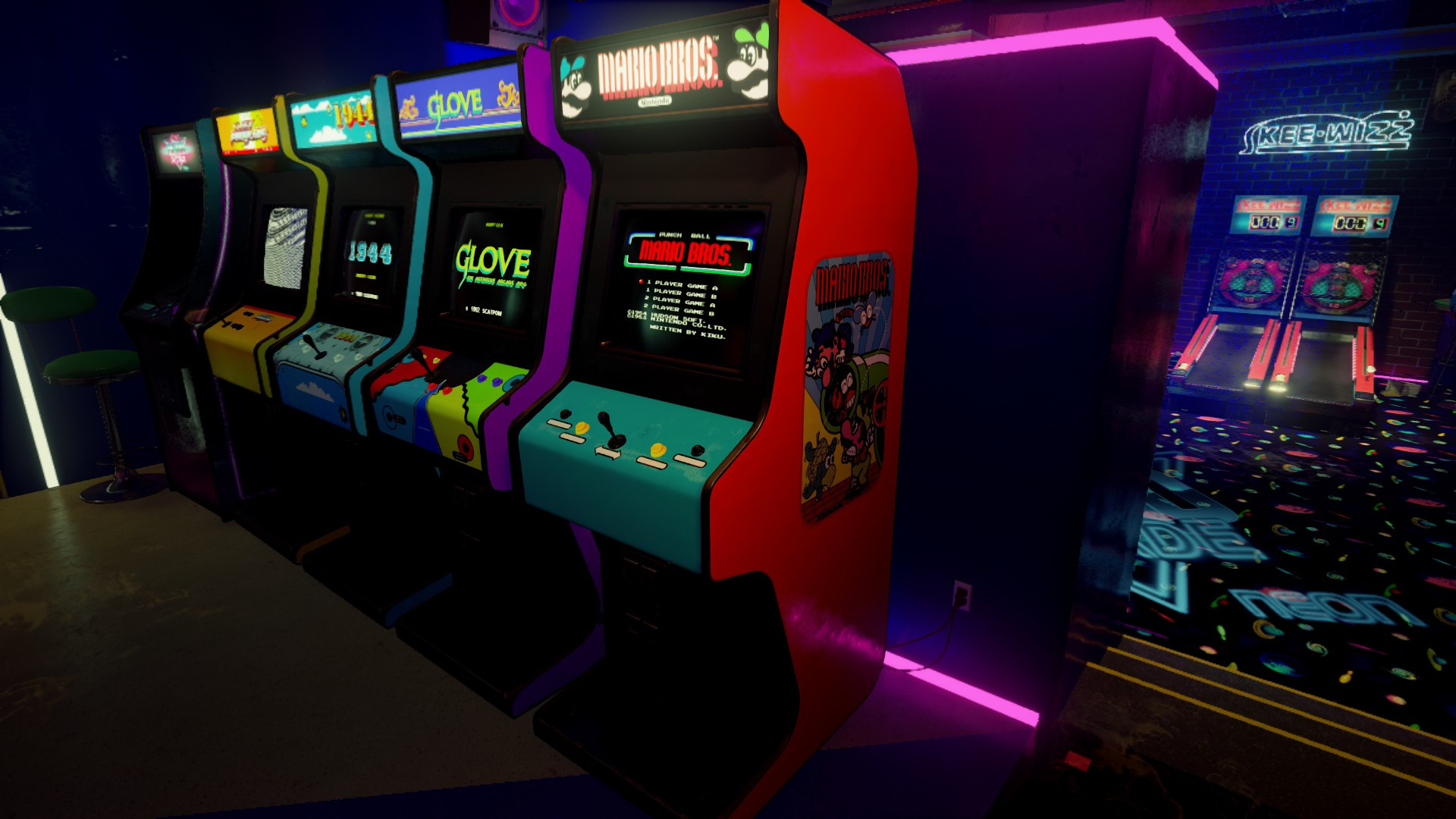Testing Languages
@ February 18th, 2021 by McG.
Choosing the right language
For months now, I am developping some basic layers for a futur light 2D platform framework. Started on Java, have a try on Javascript, and latest try on the Lua LÖVE platform, I am testing the options.
But any language or platform I will choose, the structure of the framework remains the same:
GAME
|_ Core
| |_ Game
| |_ Services
| | |_ Physic Engine
| | |_ Resource Manager
| | |_ Entity Manager
| | |_ Scene Manager
| |_ Entity
| | |_ GameObject
| | |_ TextObject
| | |_ MenuObject
| | |_ ParticleSystem
| | | |_ Particle
| | |_ TileMap
| | | |_ Layer
| | | |_ Tile
| | | |_ MapObject
| | |_ Behavior
| | | |_ PlayerBehavior
| | | |_ TrackingCameraBehavior
| | | |_ SimpleEnemyBehavior
|_ Templates
|_ Scene
|_ Behavior
The structure is always with services, entities and some templates (or interface for Java afficionados).
The Game class
The main entry point for this framework is the Game class. It must propose the basic steps for any game. The following diagramm attempts to explain what are the main steps, and introduce some new vocabullary.
/-------\
| start |
\---+---/
|
+---v----------------------+
| load initial resources |
+---+----------------------+
|
+---v---------------------------+
| initialize services resources |
+---+---------------------------+
|
+---v---------------------------+
| Load Scenes definitions |
+---+---------------------------+
|
+---v---------------------------+
| Define default Scene |
+---+---------------------------+
|
+---v------------------------(0)+
| Initialize active Scene |
+---+---------------------------+
|
+<-----<--------<---------<-------<-+
| ^
+---v--------------------------(1)+ |
| Manage Input for Game | |
| and the active Scene | |
+---+-----------------------------+ |
| |
+------------------------------(2)+ |
| Update active Scene | ^
+---+-----------------------------+ |
| |
+---------------------------------(3)+ |
| Draw all objects from active Scene | |
+---+--------------------------------+ |
| |
+---v-----------------+ ^
| Request to Quit ? | |
+---+-----------------+ |
| No |
+--->---------->-------->---------->+
Yes|
v
/-------\
| End |
\---+---/
Figure 1 - The Main Game Loop processing
Some new terms appear here:
- Scene a scene is state of the game. It’s commonly corresponding to each screen of the game,
the Title Screen, the Menu screen, the Map, the inventory screen, the Pause screen are all some
Sceneof the Game, having their own display, processing and behaviour. - Object in the game anything having some intercaction or is displayed are objects. This is often a
GameObjet. It would have its own attributes and methods to be manage in theGameorSceneit is belonging to. - input() is the first loop game operation when all controls from users are intercepted and intrepreted to let the updated (next big one) to take in account those actions.
- update() is the second Loop game operation, updating all objects state, positions and behaviors to let player moves his character, enemies moves and things happen inthe world of the game.
- render() is the last but not least loop game operation, to display anythings in the game.
So, the game class is mainly build around the following operations
- Intialize Things
- Manage Input
- Update things
- Render things
And loops branches to (1) or (2) while no quit request has been sent. Some little tricks are added to the main loop management to
try and sync display and computation to avoid flickering and jitter artefacts on objects display and physics engine computation.
We will see those details later.
The class
So a common Game class defintion could be :
class Game {
void Game(width,height) {}
void initialize(){}
void run(){
initialize();
loop();
}
void loop(){
while(!isExitRequested()){
dt = getCurrentTime();
input();
update(dt);
render();
}
}
}
To be continued…
